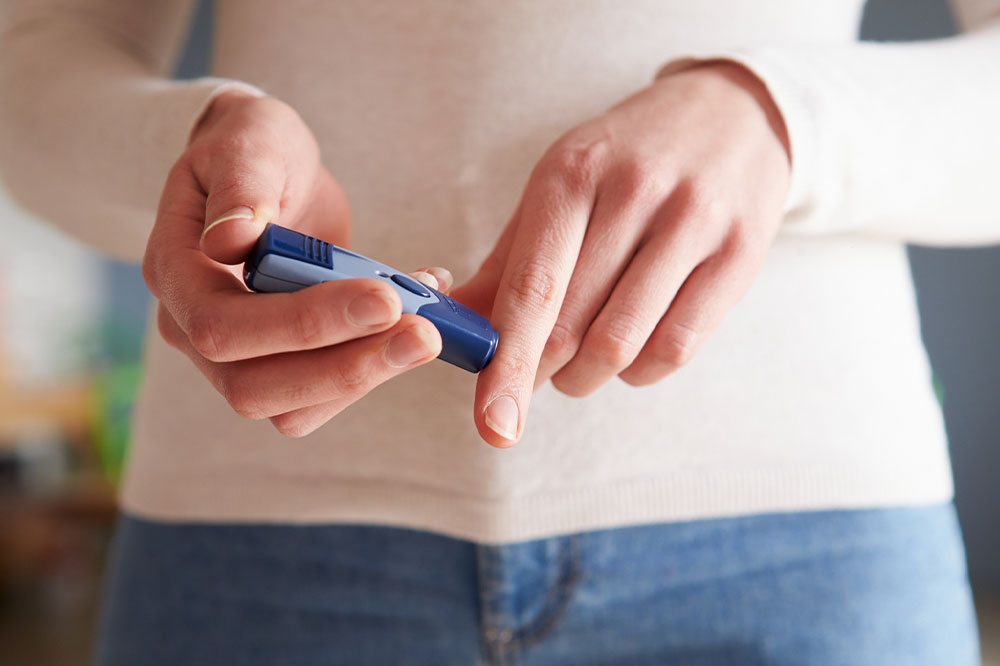4 effects of high sugar intake that can increase cancer risk

Sugar does not directly cause cancer. However, it triggers other complications like diabetes, metabolic disorders, and unnatural immune responses that indirectly increase cancer risk. Although sugar is among the most used condiments in the kitchen, it does not add any nutritional value to foods and beverages. In fact, when eaten in large amounts, it leads to the following health problems that increase a person’s risk of developing cancer with time.
Diabetes
Diabetes is among the leading complications that increase the risk of cancer. Type 2 diabetes, one of its most rampant subtypes, affects a large portion of our country’s population, including children, young adults, and seniors. One of the condition’s primary triggers is the overconsumption of artificial and refined sugars. These kinds of sugar cause blood glucose imbalances, affect insulin sensitivity, lead to metabolic issues, and trigger and aggravate the unwanted progression of cancer cells. As a result, type 2 diabetes must be taken very seriously. Those with the ailment should monitor their blood glucose levels and reduce their sugar intake.
Changes in BMI
Food is fuel for the body. However, not all food ingredients are healthy. Certain carbohydrates and sugars cause hormonal imbalances and metabolic disorders. These issues can, in turn, trigger a rapid increase in BMI. Sugar only enhances the taste of foods and beverages when used as a condiment but deprives the body of essential nutrients. So, if one does not feel satiated even after a large meal, it is perhaps the result of excessive sugar intake. To feel satiated, one consumes more calories and overeats, which only worsens the risk of diabetes and a high BMI, two prominent risk factors for cancer. A high BMI not only increases the risk of several types of cancer but also other disorders that lower a person’s quality of life.
Food cravings
As mentioned, sugar is empty calories, meaning there is no added benefit to using it in daily cooking. Sugar granules only provide a short burst of energy, which the brain interprets as a reward. Naturally, a person craves more sugary foods and beverages to mimic this effect. However, the excess sugar feeds the cancer cells. Studies in this regard suggest that in the absence of other forms of carbohydrates, the cells in the body directly feed off sugar. So, eating more sugar may energize cancer cells, helping them rapidly multiply and thrive. The bottom line, sugary cravings should be controlled as they can lead to changes in one’s metabolism and, thus, underlying health complications that increase the risk of cancer.
Fatigue
When the body’s immune system senses the presence of cancer cells, it immediately starts attacking them. This kind of response requires a lot of energy. Unfortunately, high sugar intake deprives the body of this energy. It also affects the body’s immune function, making conditions favorable for the growth of cancer cells.
Individuals experiencing these risks of cancer due to excessive sugar intake should visit a healthcare professional for guidance. The expert can evaluate the condition and recommend ways to cut back on sugar gradually.